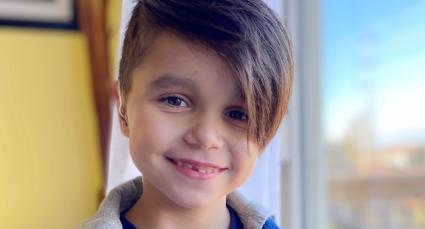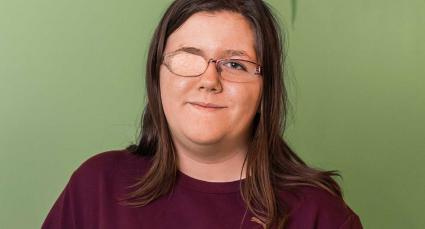Brenda was 28 weeks pregnant when she was admitted to the IWK in September 2020 after being diagnosed with preeclampsia. It’s a serious blood pressure condition that can develop during pregnancy and cause many complications, which it did.
Brenda’s baby, Ryder, wasn’t getting the nutrients he needed and was delivered by an emergency c-section. He was born 10 weeks too early with many health issues. He was rushed to the Neonatal Intensive Care Unit (NICU) for emergency care.
Unfortunately, Ryder, who weighed only two pounds and 10 ounces, was having trouble breathing and was placed on a CPAP machine to help push air into his airways. Soon after, he was intubated and put on a ventilator. He was hooked up to an IV line and monitor and was given light therapy because he had jaundice. His heart rate was erratic, and his carbon dioxide and oxygen levels were out of balance.
The first few weeks of Ryder’s life were touch and go; doctors didn’t yet know why he was so critically ill.
After many tests and procedures over many months, Ryder’s doctors discovered he has a rare heart defect called partial anomalous pulmonary venous return. He also has two lung diseases – bronchopulmonary dysplasia and pulmonary interstitial glycogenosis.
At five months old, Ryder was transferred from the NICU to the Pediatric Medical Unit (PMU) and underwent steroid treatment. He also had a feeding tube inserted because food entered his lungs when he ate. He also remained on oxygen support to help him breathe.
After 307 days at the IWK, Ryder was finally discharged to go home in August 2021. Although Ryder was no longer an inpatient, he still needed an oxygen tank, oxygen concentrator and saturation monitor, and a BiPap machine, a type of non-invasive ventilation therapy to help him breathe. He also required a feeding pump, six medications, and two needles at home.
“Ryder’s care teams were there every step of the way, from start to finish,” says Brenda. “It opened my eyes to how much the IWK does for so many families.”
Ryder, who turns two in October 2022, is not yet walking or crawling, but he’s progressing thanks to his many IWK care teams. He no longer needs oxygen support or the BiPap machine, and he’s down to four medications and no needles.
“For everything Ryder’s been through, he is such a happy-go-lucky baby,” says Brenda. “We think of Ryder as a miracle baby because he made it home despite all his health issues.”



